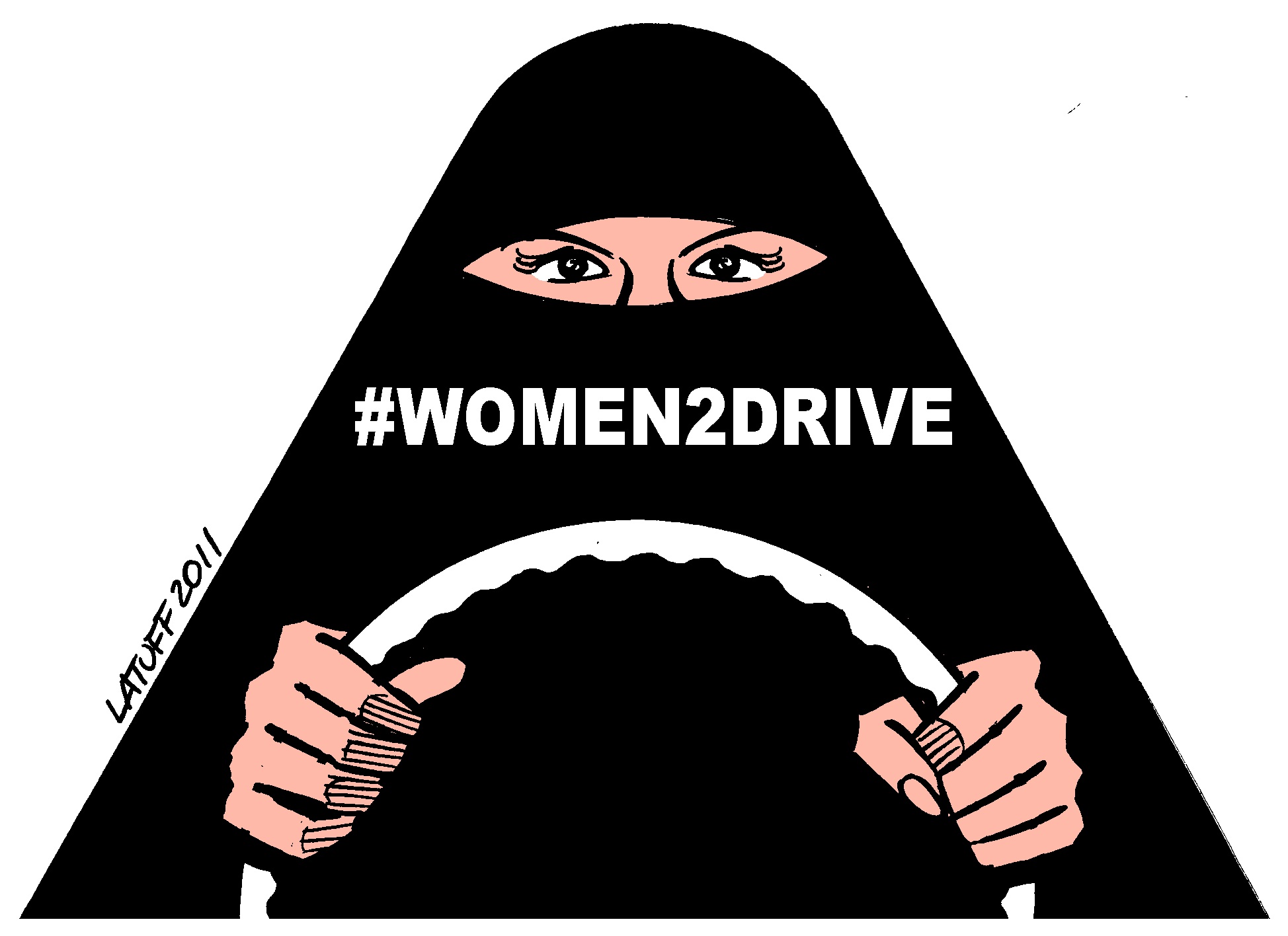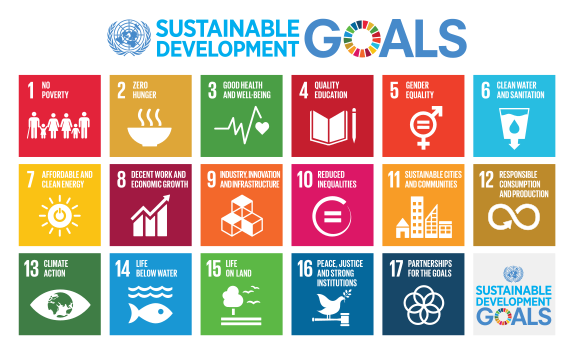The First Protest
On November 6, 1990, a group of Saudi women in the capital city of Riyadh began driving in the parking lot of a Tamimi Safeway supermarket. This unprecedented move garnered global attention thanks in part, to the media frenzy surrounding the country and region during the Gulf Crisis. Despite there being no immediate “official” mention or response to the action in the Saudi Arabian media, the incident was sprawled across international headlines quickly following a video recording of the incident by a British journalist.
The women were quick to mention that the protest had nothing to do with the Western presence in Saudi Arabia. They did not inform the media ahead of time or take such action in an area routinely occupied by foreign journalists. The timing of their protest, however, may have both helped and hindered it. It gave it international attention, but this came at a cost. The protest occurred at a time of war and therefore acts that were deemed “against the state” were not tolerated. A Saudi female psychologist stated in an interview shortly after the protest that she admired the action, but disagreed with the timing. By protesting during a time of war the women essentially created a “power struggle between conservatives and liberals and challenged the King forthright.”
Today in Context: King Salman

Today, the world’s eyes are fixed on Saudi Arabia again, primarily due to the tensions in Yemen and the subsequent airstrikes. The recent attention on the Kingdom could be a potential opportunity for the newer generation of Saudi women activists. The Women2Drive campaign, led by Manal al-Sharif and started in 2011, pushed the boundaries of this movement in recent years. However it has faced immense challenges. In February 2015 Saudi women took to twitter to protest the charges faced by Loujain al-Hathloul, a 25-year-old Saudi woman who drove alone to the Saudi border. The social network presence is apparent and strong within this movement; and they should undoubtedly take advantage of the most recent events in Saudi to push their protest further into more civil action. They should do so however, with caution.
Within the past few months, two major events have shaken the Kingdom: 1) King Abdullah died and was subsequently replaced by King Salman, and 2) the crisis in Yemen erupted. The death of King Abdullah, an arguably progressive King, has led many to question the direction the country will head in terms of women’s rights. Right to drive activists and supporters, like al-Sharif and al-Hathloul, would be wise to strategically assess the opportunities that could arise from the changes in government.
Many women fear the uncertain future of women’s rights under King Salman, but argue the efforts made by King Abdullah during his reign are too difficult to erase from Saudi society. An aid of the late King Abdullah stated, “I think the train has left the station.” Although considered a close ally to the religious authority in Saudi, Salman has positioned younger “technocrats” into his cabinet. A sign that there may be an opportunity to continue the push for women’s rights, including the right to drive, along with an agenda of economic development.
Activists should consider these changes when taking action and formulating their dialogue, particularly assessing the commitment the government has to advancing education and employment opportunities for the country as a whole. This undoubtedly must include women if it is to be successful as women represent about 45% of the population and 60% of higher education enrollment. Perhaps the way to gain the right to drive in the future is to shift the dialogue. Instead of driving being the paramount issue, education and employment should enter the forefront of the conversation due to its economic significance. Due to the natural connection between employability and the freedom of movement, the issue of women’s right to drive could be more wholly ingrained in the economic strategy of the country.
Yemen: a roadblock
On the other hand, the crisis in Yemen may serve as the most significant roadblock to any progress in the right to drive campaigns. Although it has put the Kingdom back into international dialogue it may cause the same response that the Gulf Crisis in 1990 rendered in regards to public protest. At that time, the pressures placed on the government to maintain security and stability, alongside tensions between the religious and the secular, led to immense backlash for the protestors. Hala al-Dosari, a Saudi activist wrote in 2011 that the protest in 1990 failed because “it was easy to discredit their initiative; all it took back then was to proliferate conspiracy theories – alleging these women were pushing a foreign agenda.”
The situation today in regards to Yemen, although different in terms of being a Saudi-led coalition rather than a Western-led coalition, holds similarities to that of the Gulf Crisis. The threat of insecurity in Saudi, from ISIS, Al Qaeda in the Arabian Peninsula, Iran and the Houthi rebels may again create an environment where any public protest or “unrest” would be immediately repressed and considered socially unacceptable. In cases of war, or the threat of war, anti-government sentiment is not always welcomed. This is evident in the charges brought against al-Hathloul and three other Saudi women in December 2014, in which their cases were referred to a terrorist court (the Specialized Criminal Court) citing opinions they expressed online that were considered critical of the government. Unfortunately, with the increased tensions in Yemen, cases such as these may only continue to arise.
Lessons Learned
The Saudi women activists and supporters for women’s rights today, particularly the right to drive, should take into account the lessons from the 1990 protest and assess the context and consequences of any such protest if it occurred today. Although the increased media attention of the country could bring a glimmer of light to a topic that falls in and out of international consciousness, the Yemeni crisis could also make the country more dangerous for any type of anti-government sentiment. These particular women may be left waiting another 15 to 20 years for a chance at reviving their protest.





